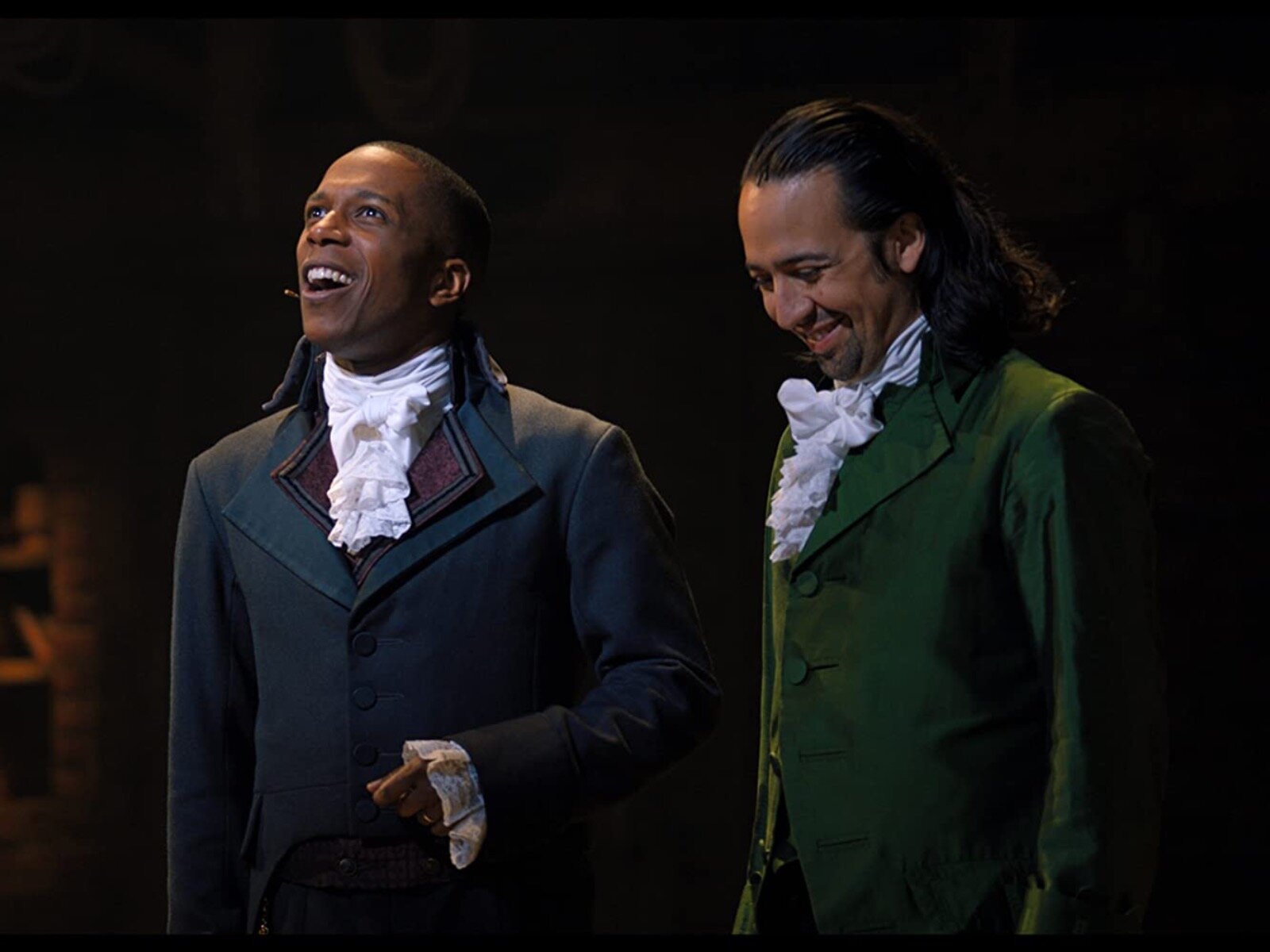In the midst of last summer, surrounded by Harry Potter and Transformers, Woody Allen's quiet time travel comedy "Midnight in Paris" became a surprise hit. The film became Allen's highest grossing movie at the box office, and he managed to ride the film's buzz all the way to the Oscars, winning Best Original Screenplay. Critics and filmgoers alike heralded it as a return to form.
However, over the course of Allen's illustrious career, those words have been heard before, and each time, as recently as 2008's "Vicky Cristina Barcelona" and 2005's "Match Point," they've been followed by disappointment. Unfortunately, Allen's latest, the overstuffed yet under-thought "To Rome with Love," doesn't break that pattern.
Like his previous European excursion, "To Rome with Love" forces regular people to cope with slightly mystical circumstances in an equally magical city. Whereas "Midnight in Paris" focused solely on Owen Wilson's journey to the past, Allen's Roman holiday crowds several stories and characters into the film's 112-minute runtime.
Allen himself stars as a retired opera director who, while meeting his future son-in-law's parents, discovers that the father (renowned tenor Fabio Armiliato) has an incredible voice, albeit only in the shower. Some of the vignette's jokes feel warmed-over, especially early on when it's almost entirely based on Allen's typical neurotic shtick. The story hits its comedic stride, however, as it shifts toward the opera singer's strangely conditional skill and the entertaining absurdity that follows.
One of "To Rome with Love's" other minor successes is the budding romance between Jack and Monica (Jesse Eisenberg and Ellen Page). Of course, it's complicated by the fact that Eisenberg already has a girlfriend (a criminally underused Greta Gerwig), and an older acquaintance (Alec Baldwin) keeps following him around, acting as Jack's conscience and calling out Monica on her seductive ways.
It's clumsily set up; the audience isn't quite sure if Baldwin is Jack from the future or if Jack and Monica are just okay with an older gentleman making commentary on their romantic escapades. Page is also miscast as Monica. Though she puts forward a game effort, she doesn't effortlessly radiate sensuality the way the script wants her character to. Thankfully, Baldwin and Eisenberg have a dynamic buddy chemistry together.
Given a bit more screen time, these two plots could've fixed their flaws and brought out more in their relationships. Sadly, Allen stuffs in numerous other stories that add very little – in terms of humor or drama – to the picture.
In one convoluted plot, a young Italian couple becomes separated. The husband (Alessandro Tiberi) somehow ends up posing a prostitute (Penelope Cruz) as his wife to Italy's business elite, while the wife (Alessandra Mastronardi) falls in with a sleazy movie star. Their story and the comedy infused in it is fairly predictable, contrived and, despite the efforts of Cruz's skimpy dress, pretty dull.
While much of the humor is light, Allen does have some thoughts about celebrity culture, most of which come out during Roberto Benigni's (making a rare post-"Life is Beautiful" American appearance) plotline. As an everyday guy who, for no reason, becomes an overnight celebrity, Benigni doesn't have much to do besides look baffled.
Allen seems to be just as confused as Benigni, however, in terms of what he's trying to say with "To Rome with Love." He has ideas about the fleetingly shallow yet addictive nature of fame, but he only touches on them. When Allen does, he seems conflicted; half of the time, he seems to loathe celebrities (Page ends up being a conceited starlet-in-training, Mastronardi's famous crush is a lying womanizer), but other times, he embraces them.
In "Midnight on Paris," Allen's complex reflections on nostalgia, as well as the characters, humor and setting, benefited from its simple plot. "To Rome with Love," on the other hand, is cluttered, featuring more storylines but less finesse. I'd recommend quality over quantity for Allen, but considering he's directed a movie every year since 1982, I think that time has come and passed.







